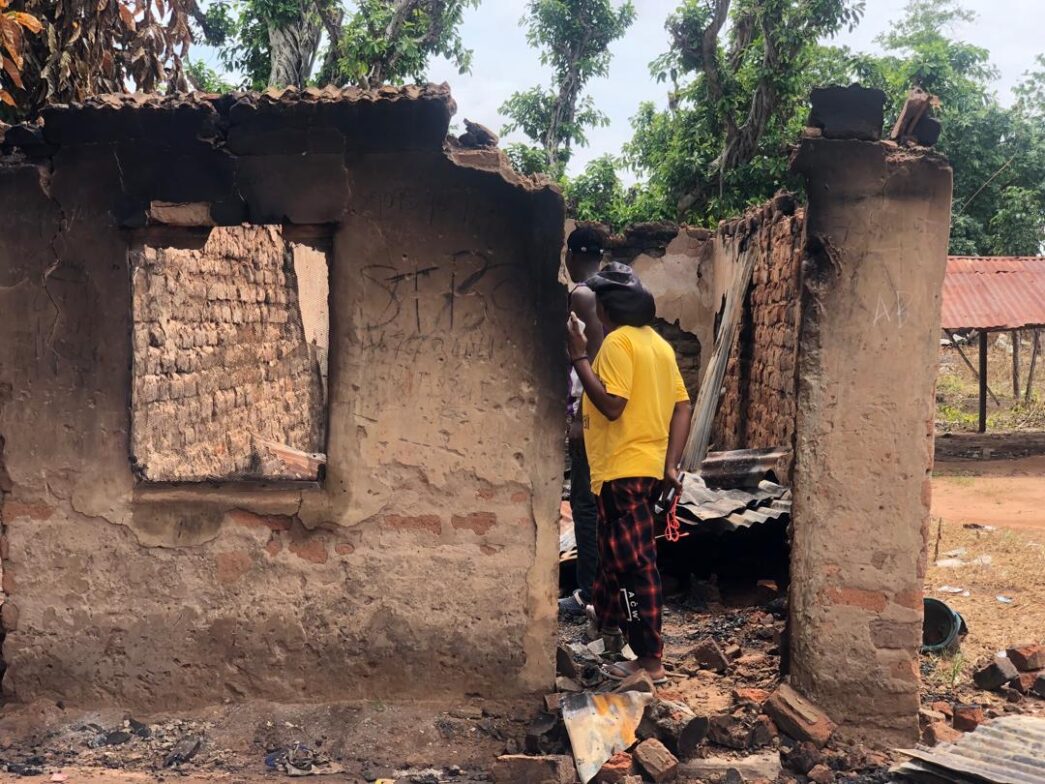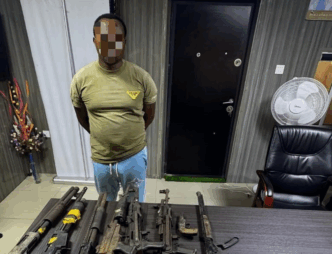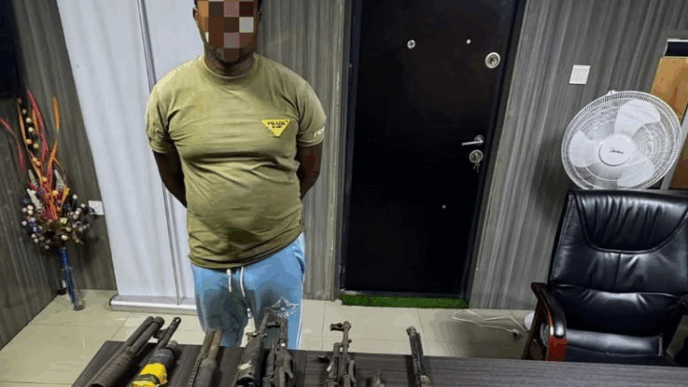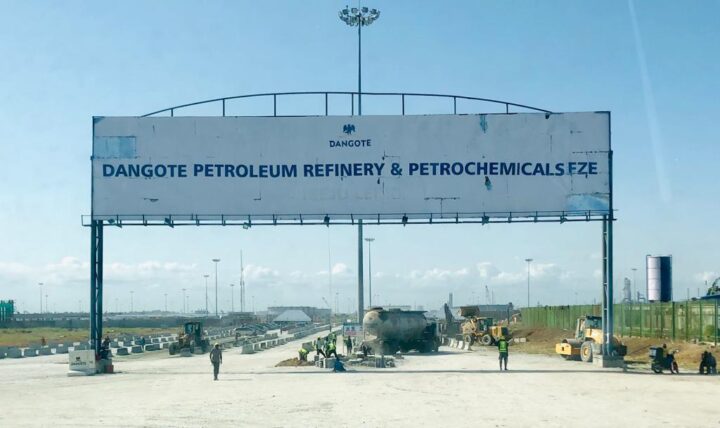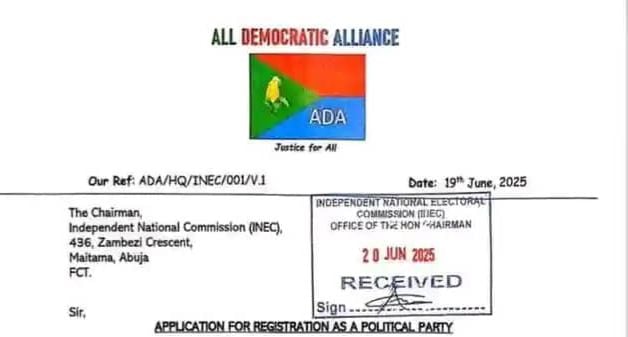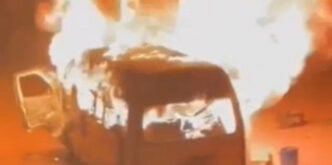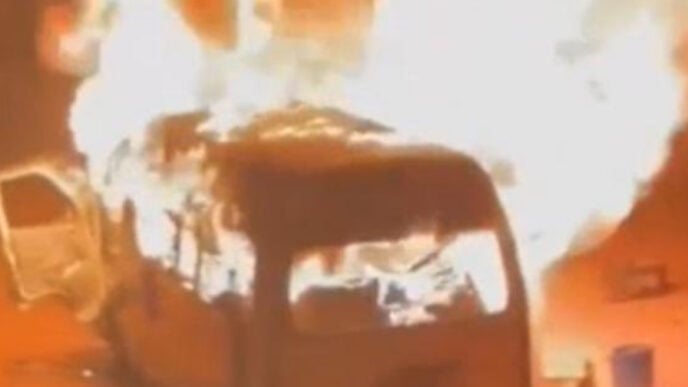BY JAIRUS AWO
Yelwata is a small roadside community in Guma LGA of Benue state. It never asked for much. Though it lies just 50 kilometres from Makurdi, the capital of the state where the affairs of the powerful happen, Yelwata lived quietly.
There were no high-rise buildings, no extravagant celebrations. Only peace. The kind that comes from neighbourliness, patience, and hard work. Life moved at a gentle pace. There were few complaints and even fewer ambitions beyond surviving, raising children, and seeing another planting season. The people were not known for conflict.

Although Yelwata shares boundaries with Kaina in Nasarawa state and lies along the busy Keffi–Benue–Enugu road, it has remained largely ignored by the government. The residents lived simply, often forgotten but never resentful.
Advertisement
The older men found pride in their farmlands. They rose before dawn to tend to crops like yams, maize, and cassava. The women combined farming with small trading, selling firewood, vegetables, and groundnuts at Kadorko market. Children ran barefoot on the soft red earth.
Yelwata was a place where life followed a rhythm: planting, harvesting, resting, and waiting for the next circle until everything changed on the night of Friday, June 13.
IT RAINED, THEN GUNSHOT FOLLOWED
Advertisement
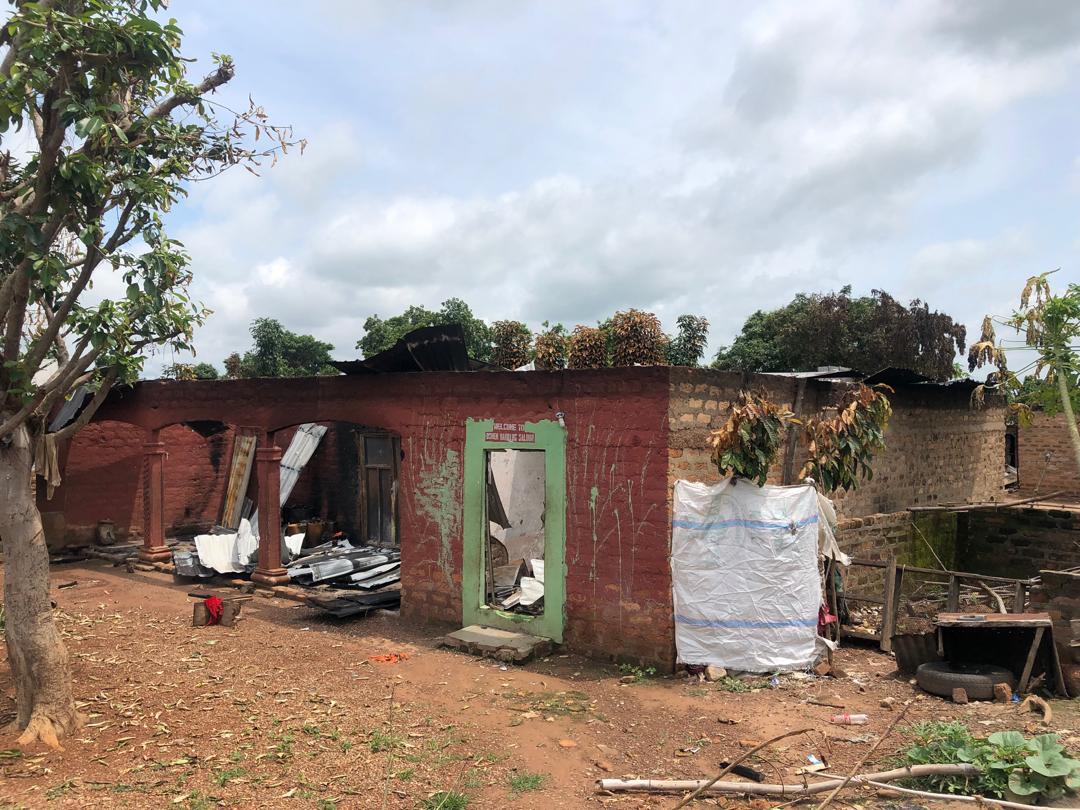
It had rained earlier that evening, leaving behind a damp breeze and the quiet calm that usually brings rest in rural communities. Fires were dying out in kitchens. Children had curled up beside their parents. The only sounds were those of crickets and frogs in the darkness. The village was at peace.
At about 11 p.m., that peace was shattered.
Gunshots rang out from the new market part of the village. Police officers in the community quickly returned fire. But within minutes, panic overtook calm. Flames shot up into the sky. People ran in confusion, many barefoot, some with babies in their arms, others frozen by fear.
“They were Fulani herders,” said a woman who managed to peek through her hiding spot.
Advertisement
The attackers, suspected to be armed herders, arrived in large numbers and surrounded the community from all sides. As the initial gunfire drew attention toward the new market end of the village, more attackers crept in through bush paths and farmlands, catching everyone off guard.
“They came with petrol and different types of weapons. They went from house to house, pouring petrol and lighting fires. Anyone who tried to run from the flames was cut down with machetes,” said Joy Vitalise.
By the morning of Saturday, June 14, the death toll had surged past 100. And it kept rising. Grief filled the air. For the survivors, being alive no longer felt like a miracle. The pain of surviving such horror was its own kind of punishment.
Vitalise, a 27-year-old mother of four, stood with her hands on her waist in front of her shop, reluctantly picking through the charred remains. She sold provisions and food items like garri and dried cassava powder before the attack.
Advertisement
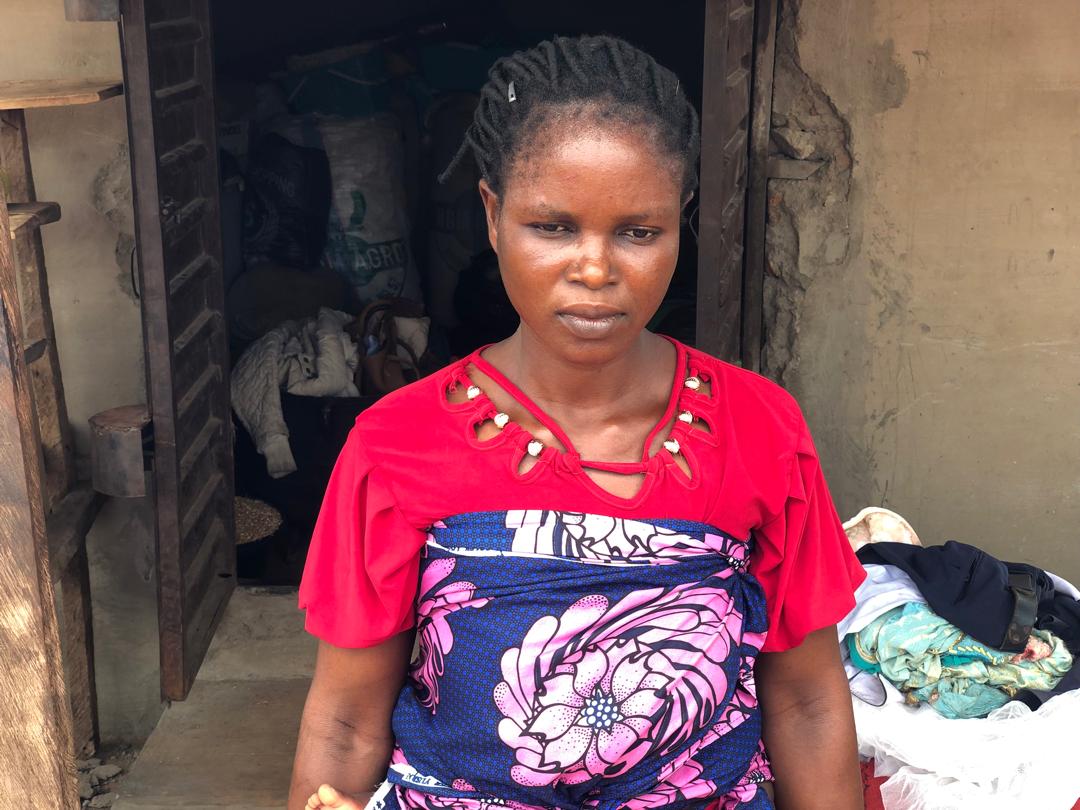
“It was only God that saved me and my husband. Like everyone else, we were hiding. But they did not come our way. I was in a different hideout across the road. I looked through a small window and saw everything. My husband was hiding inside our shop with five other people. They were not touched,” she said.
Vitalise said the attackers dressed like herders. They wore jalabiya over trousers, with clothes tied around their necks and cross-body bags. It was the same kind of dressing they had seen around the area from time to time.
Advertisement
She also heard them shouting loudly, saying “Allahu Akbar” and other words in Hausa, which she translated “if you think you have strength, come and fight us.”
The images from that night have not left Vitalise’s mind. She still sees her siblings, relatives, and neighbours gasping for breath, clinging to life.
Advertisement
“I don’t think we can stay in this community anymore. Every minute that passes, I remember the pain my brother-in-law and others went through before they died,” she said.
FAMILIES WIPED OUT, DREAMS CUT SHORT
Advertisement
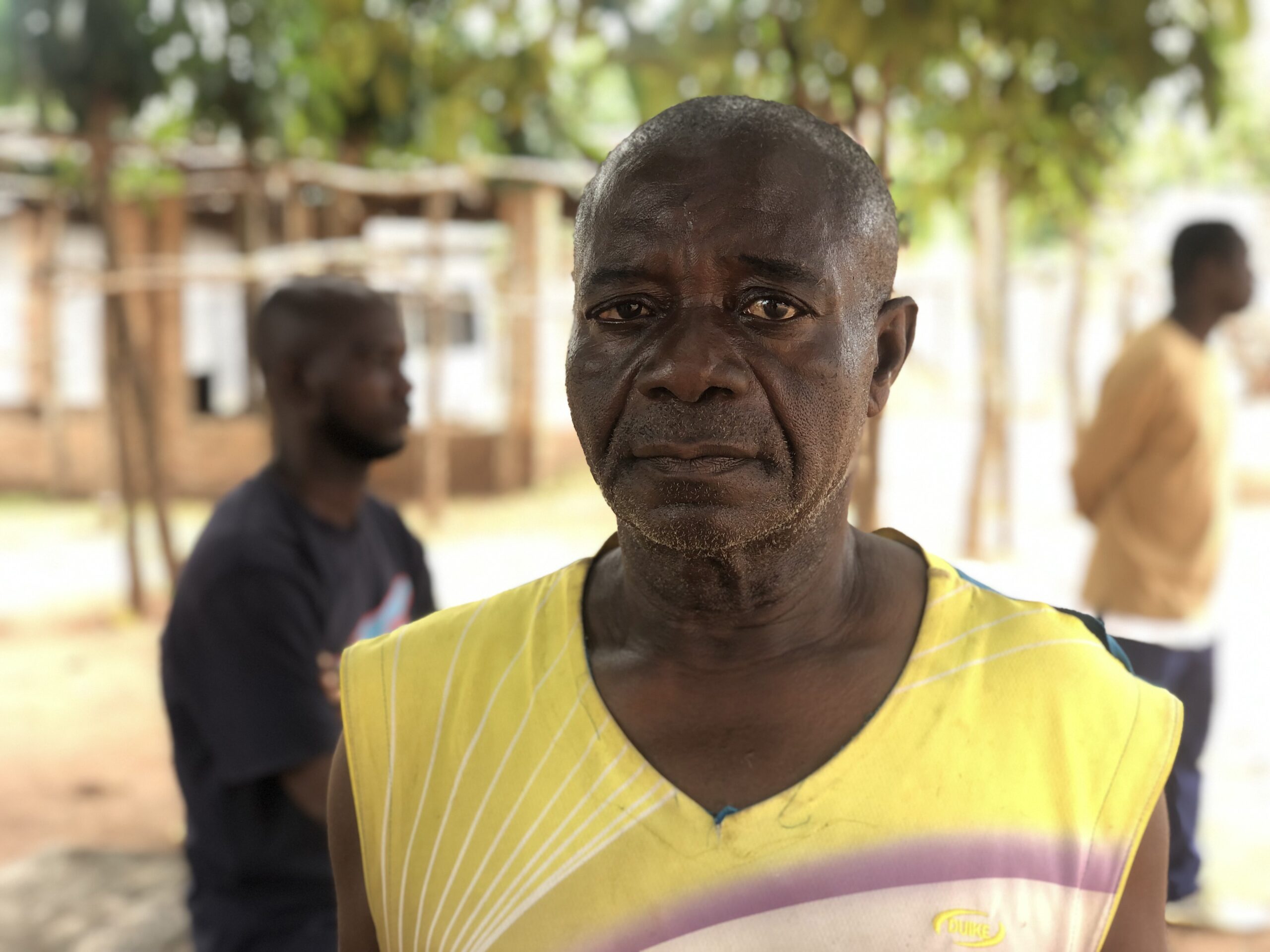
Titus Tsegba is a 65-year-old farmer and father of seven. Four of his children and his wife died in the attack. He still cannot find the right words to ask the one question in his heart.
“At this age, what kind of life am I supposed to start now?” he eventually blurted out.
He was once a teacher, now a full-time farmer. On the evening of June 13, he had dinner with his 54-year-old wife and four of their children. They were at Kadorko market, a nearby town where his wife sold food. His daughter, Dom Tsegba, was 27 and a third-year accounting student at Nasarawa State University, Keffi. After dinner, he asked them to head home while he stayed back, planning to return to Yelwata the next morning.
Later that night, he tried calling to confirm if they had arrived safely. But none of the phone numbers were reachable. With the news of an attack in Yelwata spreading, he felt a sharp pain in his chest and feared the worst.
“I called and called. I think I dialled more than I breathed. I couldn’t leave Kadorko that night because it wasn’t safe. I waited until morning,” Tsegba said.
At 5 a.m. the following day, he returned to Yelwata. His worst fears came true. His wife and four children had all been burnt. Their house, too, was gone.
He does not remember how he reacted at first. Everything became a blur. Villagers were pulling bodies from the rubble. In some places, entire families had turned to ash.
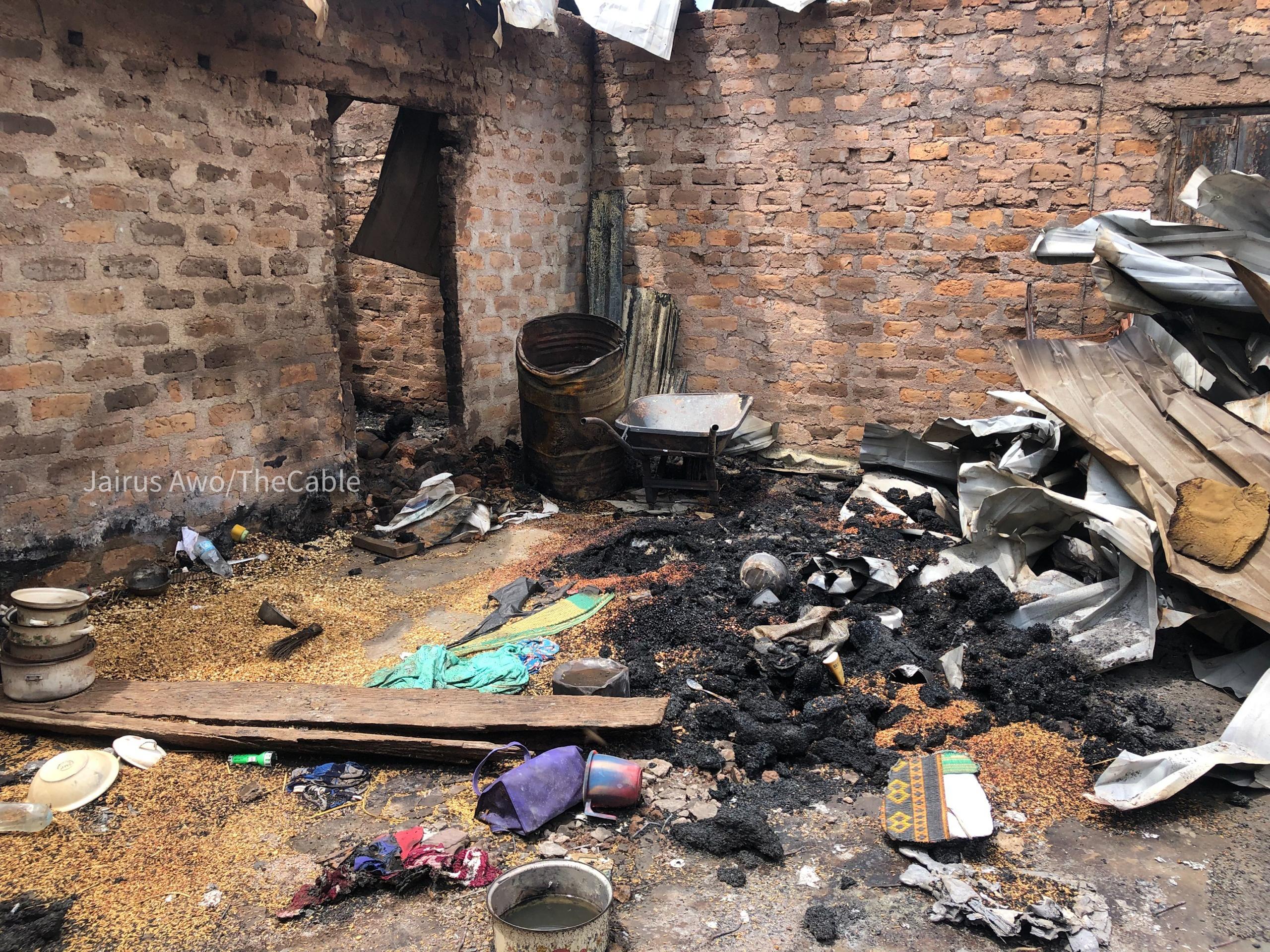
“My people helped me bury them. But now I ask myself, how do I keep living when the very people I lived for are no more?” Tsegba asked.
His story is one of many. There are no words to capture the full weight of the loss. Each person left behind carries their own version of devastation.
Terhemba Iormba was a well-known rice trader in Yelwata. Now, he says he no longer sees a reason to live.
On the night of the attack, Terhemba hid with his two wives and seven relatives inside one of his storage buildings. It contained 200 bags of 300 kg rice, each worth over N80,000.
The attackers found the store, poured petrol around the building, and set it on fire. The smoke became too much, and Terhemba ran out. Everyone else was still inside.
“I couldn’t bear the choking anymore. I ran. But by then, my people were already burning,” he said.
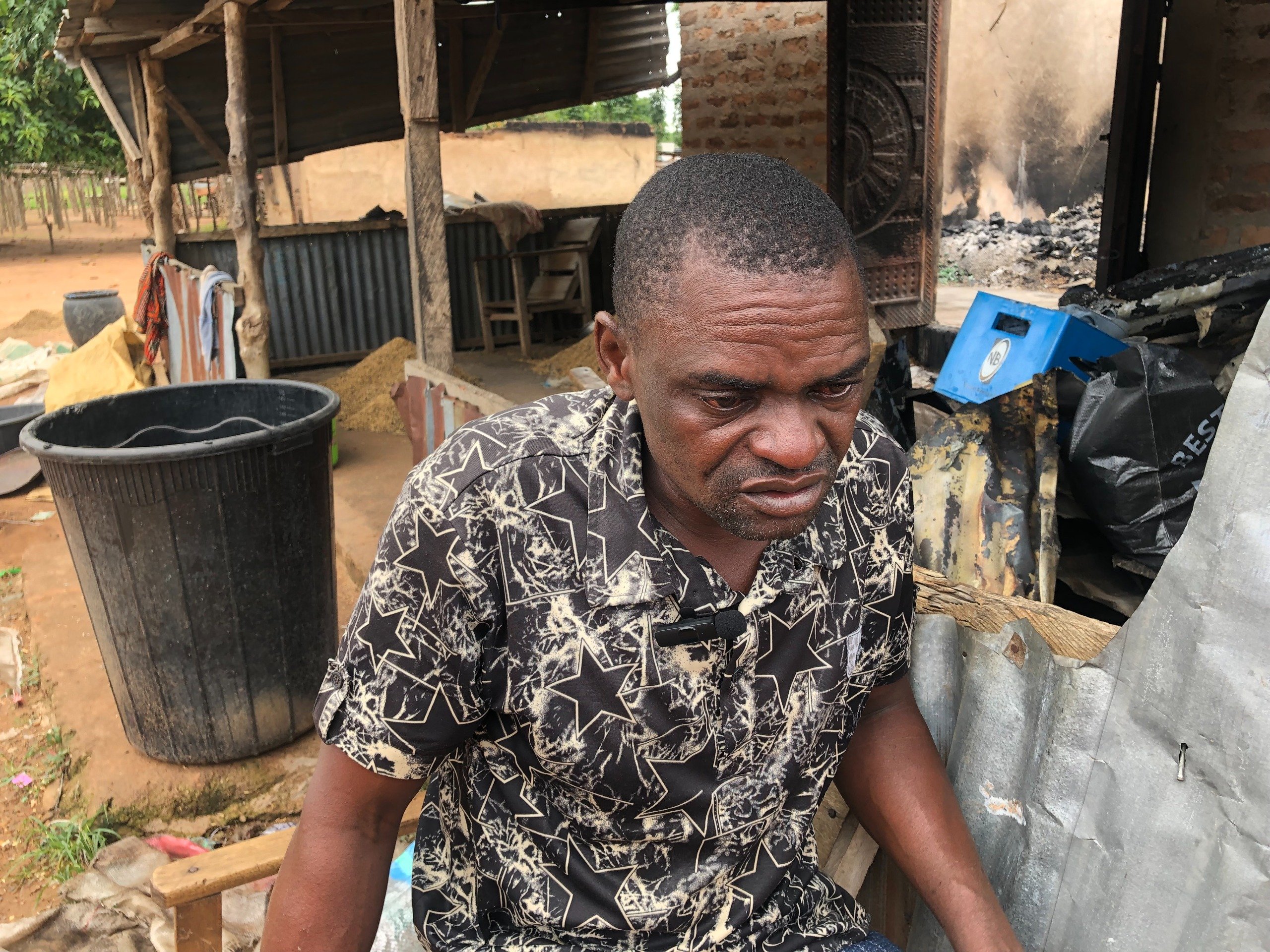
He lost both wives, seven children, and all his stock. His other two stores with 100 bags of the same weight were also set ablaze — over N40 million worth of investment gone in a night.
But the pain did not end there. His only surviving brother, Matthew Iormba, was also killed that same night. Matthew was 28 years old and had just completed his National Youth Service two months earlier. A graduate of pharmacy from the University of Jos, he had returned home to start a pharmacy store. His dream was to bring healthcare to his community and become one of Nigeria’s finest pharmacists.
“They killed Matthew too. He was my only brother. The only one who went to school. He was supposed to be our future. Now he is gone, and I watched everything we ever hoped for burn. I feel like dying,” he said, sobbing.
Yelwata residents each have a story to tell, not just of a relative lost, but of an entire future buried in the ashes. It is a shared grief, the kind that stretches across families, bloodlines, and even generations.
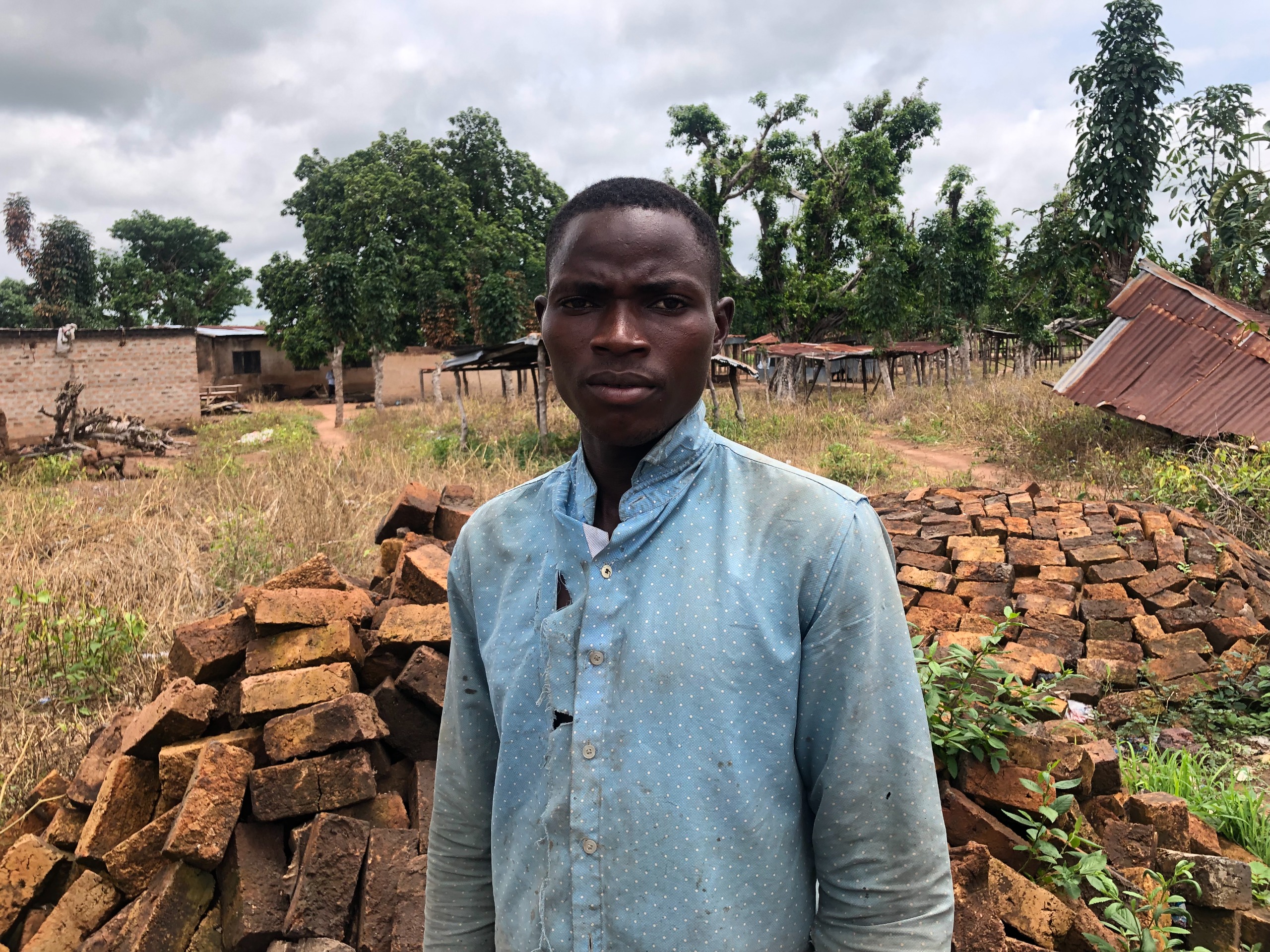
For James Koryol, a senior secondary school two (SSS2) student in Makurdi, the tragedy has taken away more than family. It has stripped him of the only person who believed in his dreams. Koryol, bright and determined, always spoke of becoming a renowned professor in Nigeria. That dream now hangs by a thread.
His sponsor and adopted guardian, Terlumun Zer, was a 45-year-old farmer and a father of five. Zer had long lived under the shadow of threats. Eventually, he sent his children to live with relatives in Makurdi and Gboko, while his wife stayed at the John Mark IDP camp in Daudu. Still, he refused to run away entirely. As a man of belief and purpose, he continued to take care of James, providing for his education with the hope that one day, this young boy would rise and rewrite the story of Yelwata.
“He always told me I’d become a professor and that I’d change things for our people,” Koryol said, voice cracking.
On the night of the attack, Zer was seated with a few others close to the roadside when the assailants arrived. He tried to run. He couldn’t. He was caught, hacked down with machetes, and burnt almost beyond recognition.
“We are set to bury him on Saturday,” Koryol added. “The only man who believed in me is gone. It feels like the world has collapsed on me.”
WHEN HELP NEVER CAME
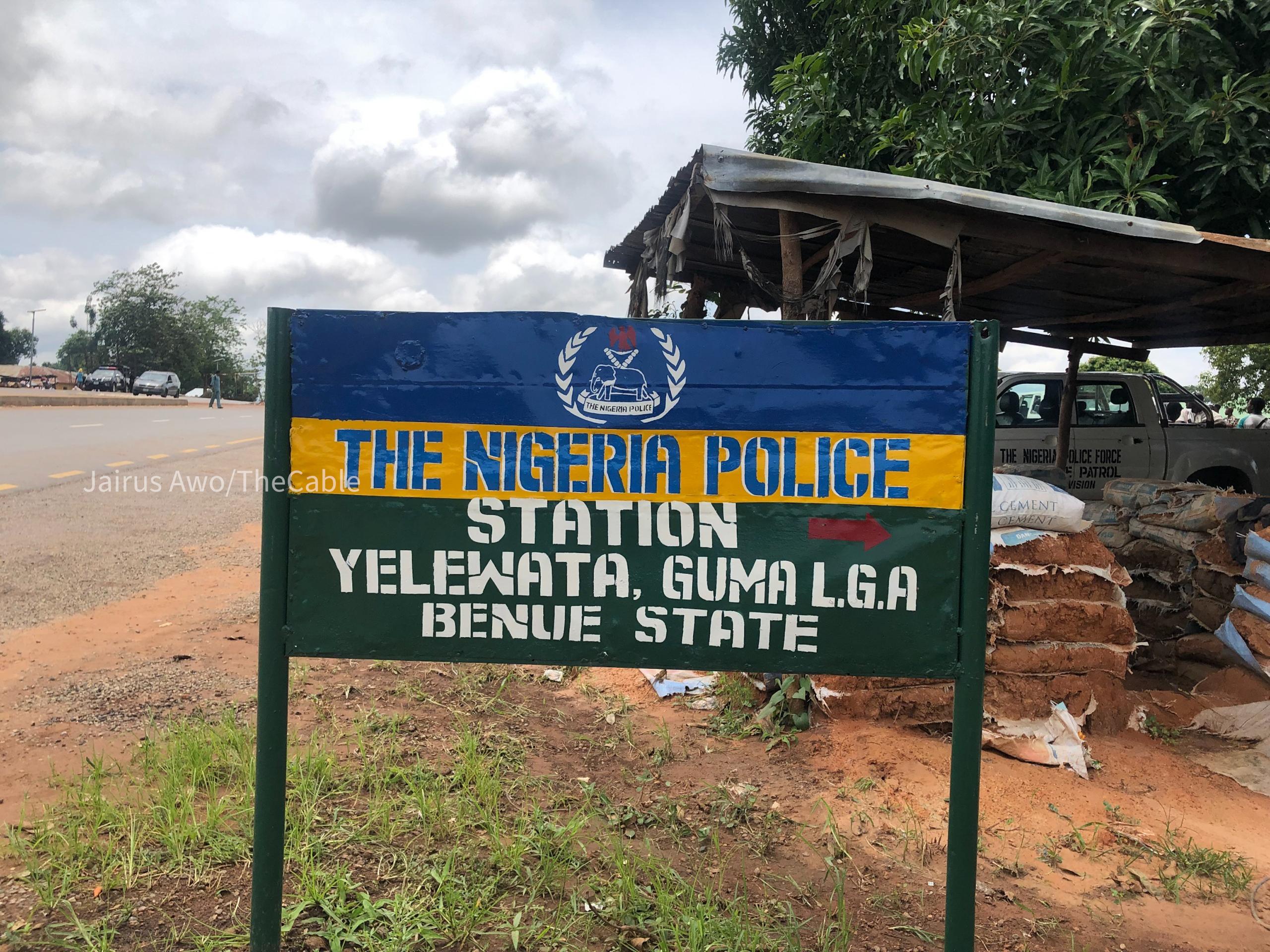
Security personnel stationed in Yelwata tried to resist the attack. According to residents, officers at the new market part of the community were the first to exchange fire with the invaders. The officers’ response was swift, but they were grossly underpowered. They needed reinforcement. It never came.
Several villagers said calls were made immediately to authorities at the Tactical Air Command in Makurdi, which is just some kilometres away from Yelwata, but help didn’t arrive. Whispers grew into accusations that the inaction was deliberate.
“We called. We begged. Nothing happened. Maybe they would have helped if we weren’t the ones dying,” a resident who pledged anonymity whispered.
In the days following the attack, different arms of government responded. Hyacinth Alia, Benue governor, condemned the killings and visited the affected communities, promising justice and support. The people’s doubt deepened when President Bola Tinubu released a statement urging Alia to “reconcile with all parties” to put an end to reprisal attacks. The mention of “reprisal” sparked public outrage in Benue.
“This is not a reprisal. There was no provocation. We were attacked in our sleep. How can you talk about reconciliation when we never started a war?” Fr. Jonathan asked.
Citizens flooded social media and radio stations, correcting what they described as a gross misrepresentation of their suffering. Many suggested that the president may have been misinformed.
In a speech delivered during a state reception for visiting dignitaries, James Ortese Ayatse, the Tor Tiv, paramount ruler of the Tiv Nation and chairman of the Benue State Traditional Council, did not mince words.
“These attacks are not clashes. What we are dealing with in Benue is a calculated, well-planned, full-scale genocidal invasion and land-grabbing campaign by herder-terrorists and bandits. And if the diagnosis is wrong, the treatment will fail. The president must seek verified information, or this crisis will never end,” he emphasised.
He called on the federal government to prioritise security and bring the killers to justice, not through appeasement but through decisive action.
UNENDING ATTACKS IN BENUE
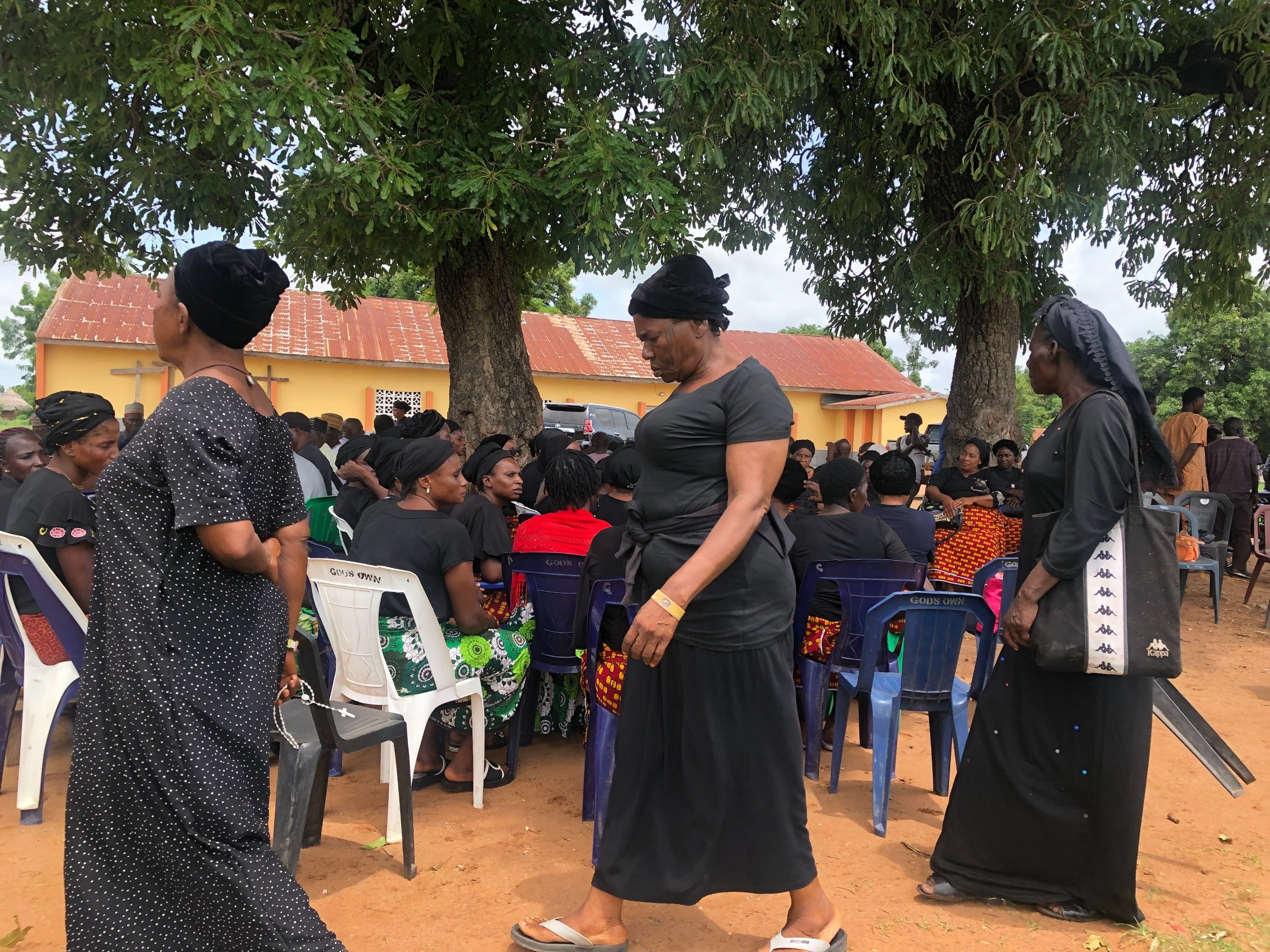
This is not the first time Benue state has witnessed violence. The state has long been the epicentre of relentless attacks, with roots that stretch back over a decade. From Guma to Logo, Agatu to Kwande, the bloodshed has come in waves, leaving charred homes, mass graves, and broken families.
In 2018, over 1,500 people were reported killed in herder-related violence across Benue and its neighbouring states. Entire communities were displaced, and thousands fled to internally displaced persons (IDP) camps. According to the International Crisis Group and various security reports, Benue remains one of Nigeria’s hardest-hit regions by rural armed conflict.
For the people of Yelwata, this wasn’t the first time an attack had touched their land directly. There had been tension and skirmishes in surrounding areas; never before had violence arrived at their doorstep with such devastating force. Never had their nights ended in such horror.
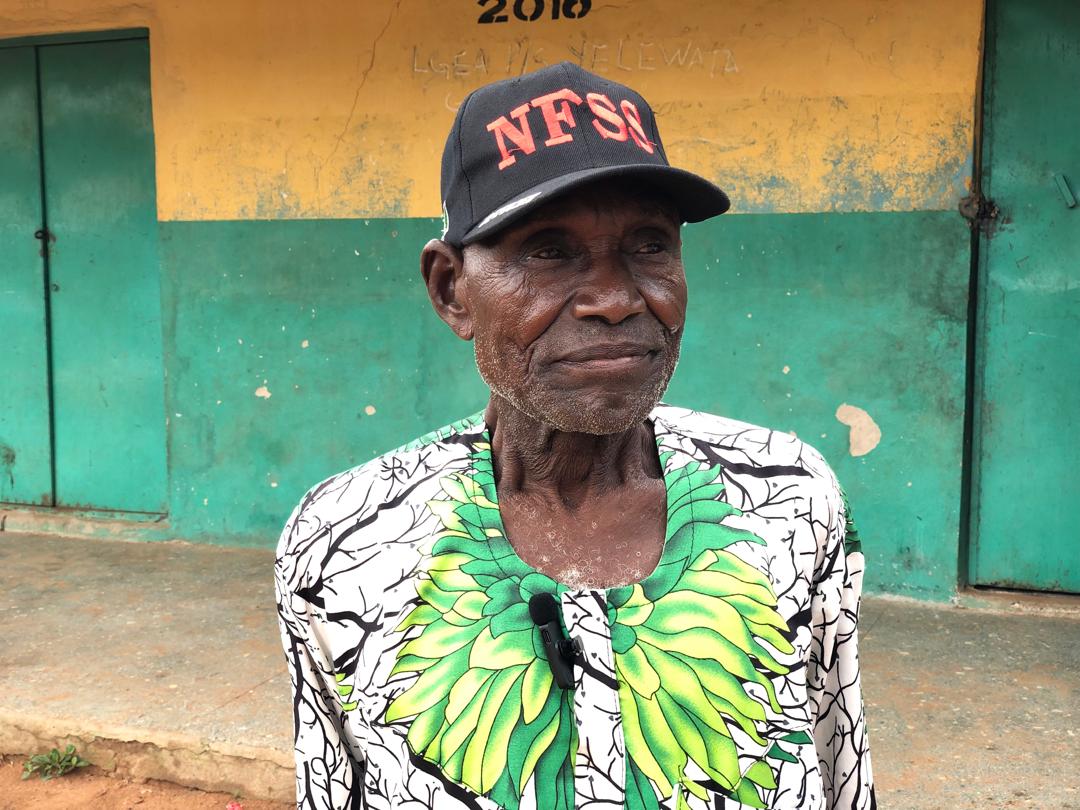
Ikyapa Timothy, a retired soldier and now one of the community leaders, alleged that the attackers fled through routes leading to Nasarawa state, which he described as their known hideout. He called on the government of Nasarawa to fish out the perpetrators and bring them to justice.
“These are not just armed herders. What happened in Yelwata is beyond a farmer-herder conflict. This is targeted, organised, and wicked,” he said.
His account was supported by Fr. Jonathan, the priest of St. Joseph Catholic Church, which became a refuge for the residents during the attacks.
“We could hear them talk; we could listen to the sounds of their bullets flying around. The attack is unprovoked, and we believe they have a hideout in the neighbouring state,” the priest said.
WHAT NEXT FOR YELWATA?
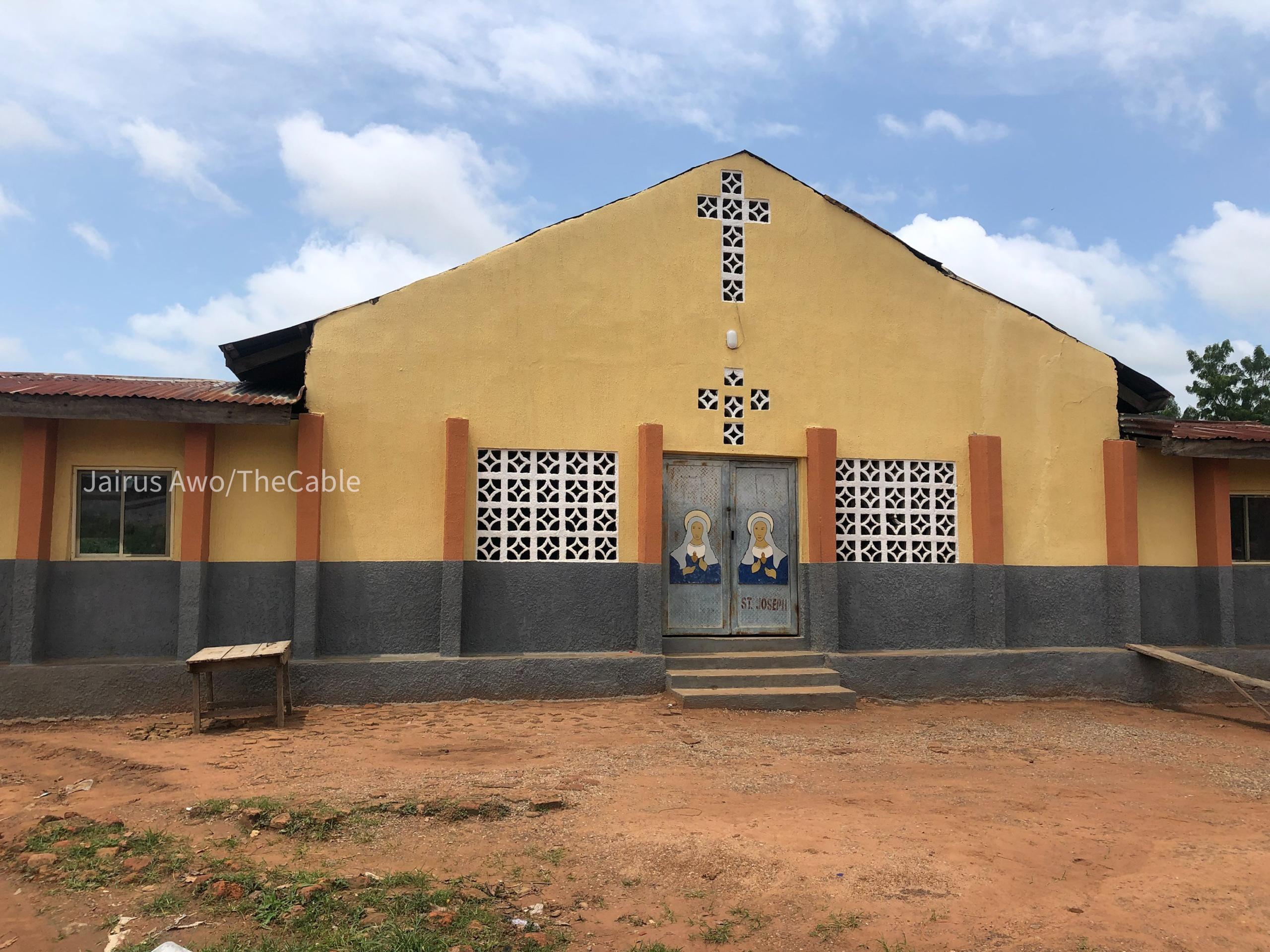
As of today, debris has remained, and villagers are now without strength to bury the rest. Humanitarian aid from government and civil society groups has begun to trickle in. Camps have been erected in the state capital for those who have nowhere to sleep. Relief materials, including food, clothes, and blankets, are being distributed.
But no tent can shelter the pain. No bag of rice can replace the warmth of a wife. No press release can make Koryol believe in school again.
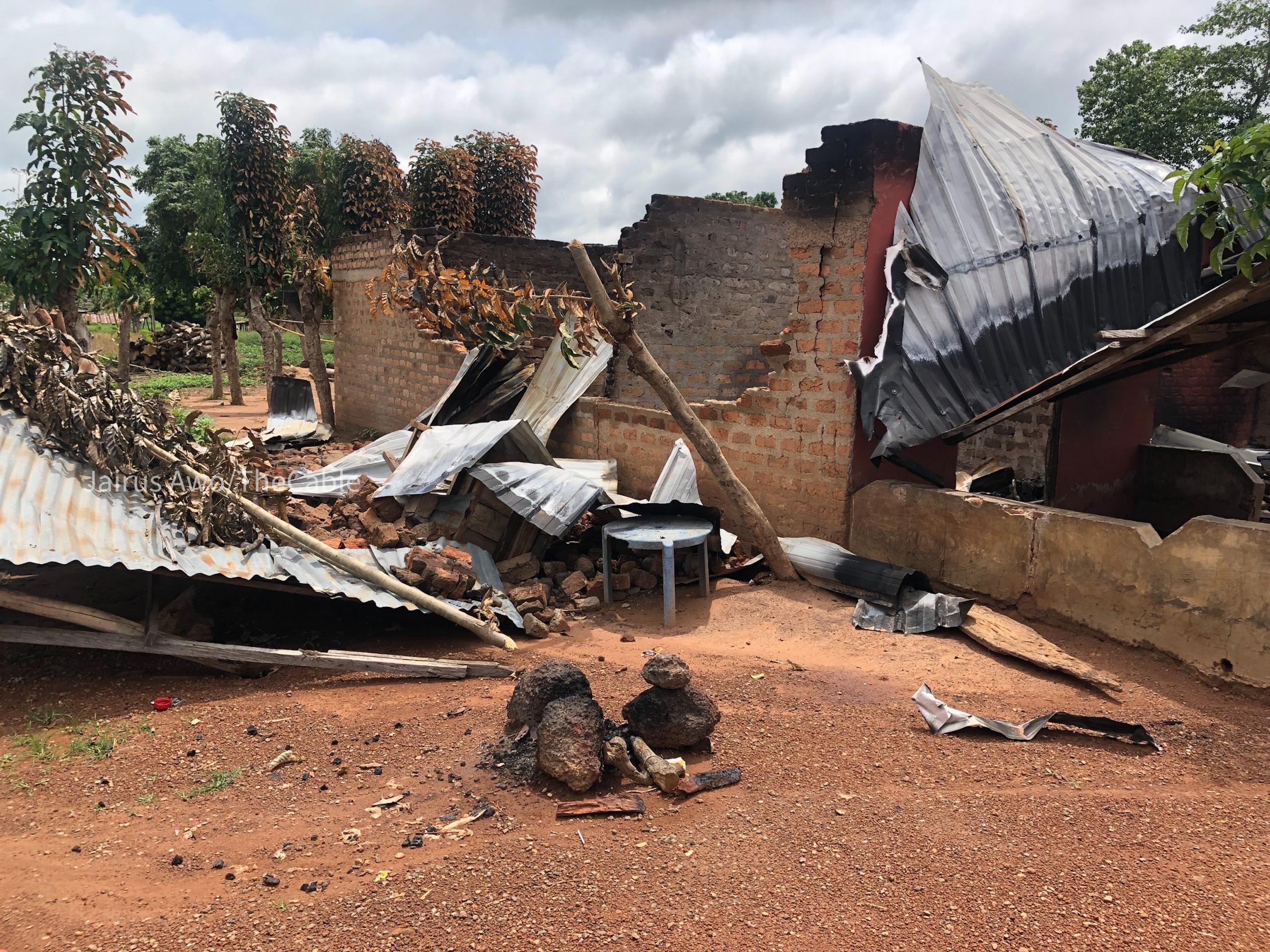
Yelwata, once quiet and largely forgotten, has now joined the long list of Benue communities that carry a scar deeper than the red soil they till. The difference this time is the scale. The silence has been replaced with questions. And all that remains is the prayer that this will be the last time the people of Benue have to bury a generation.

